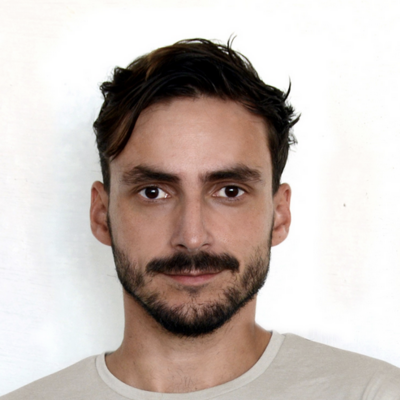


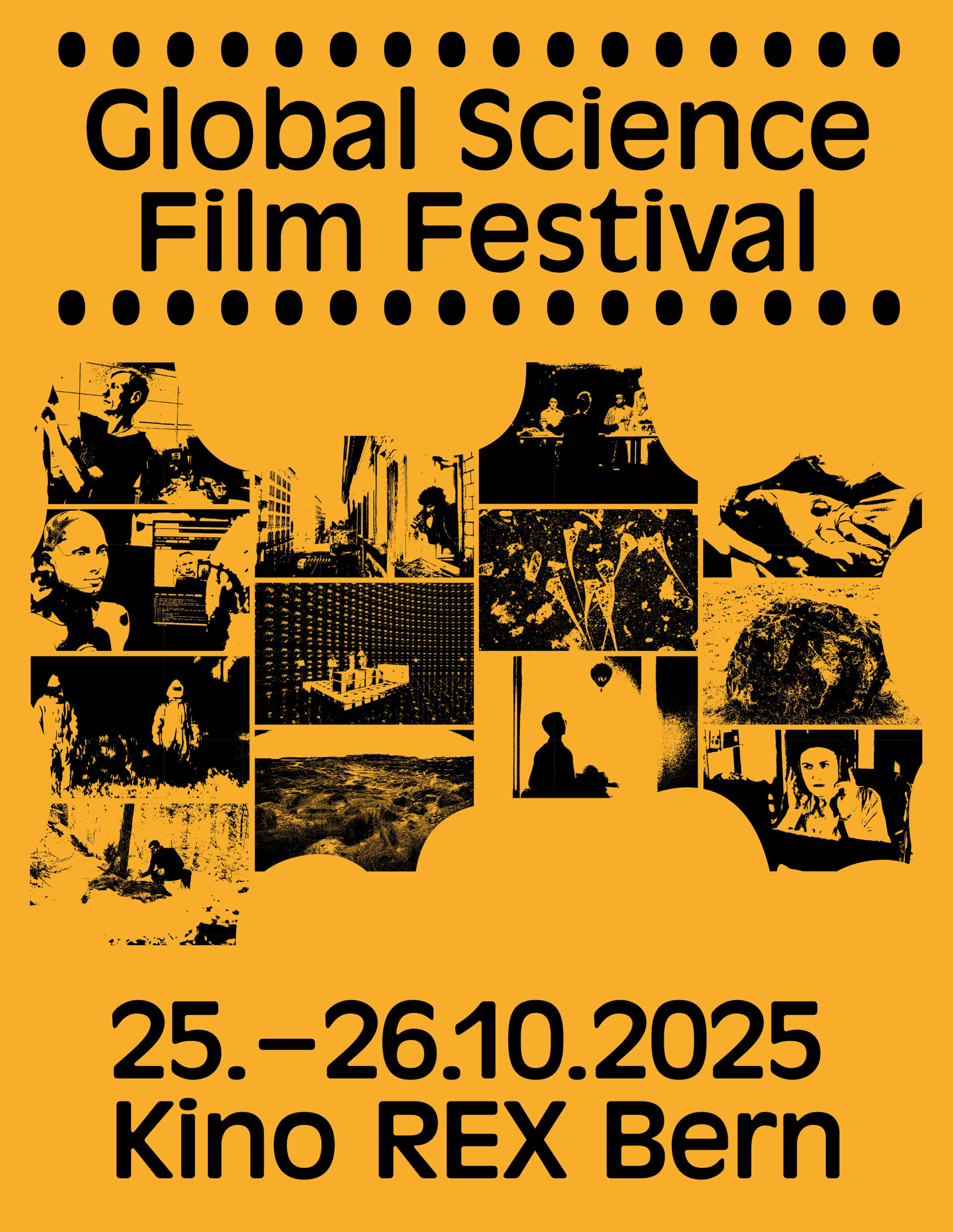
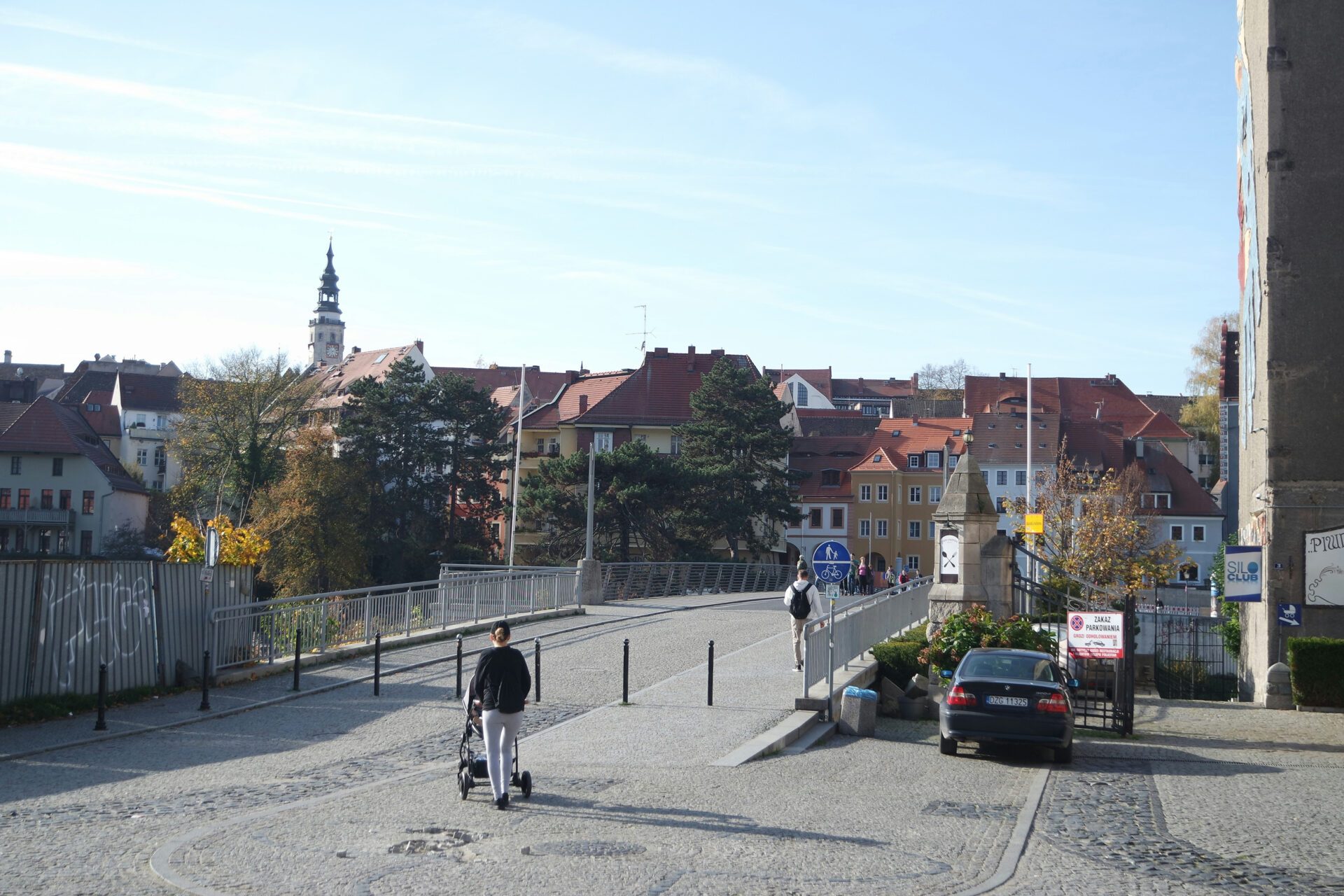



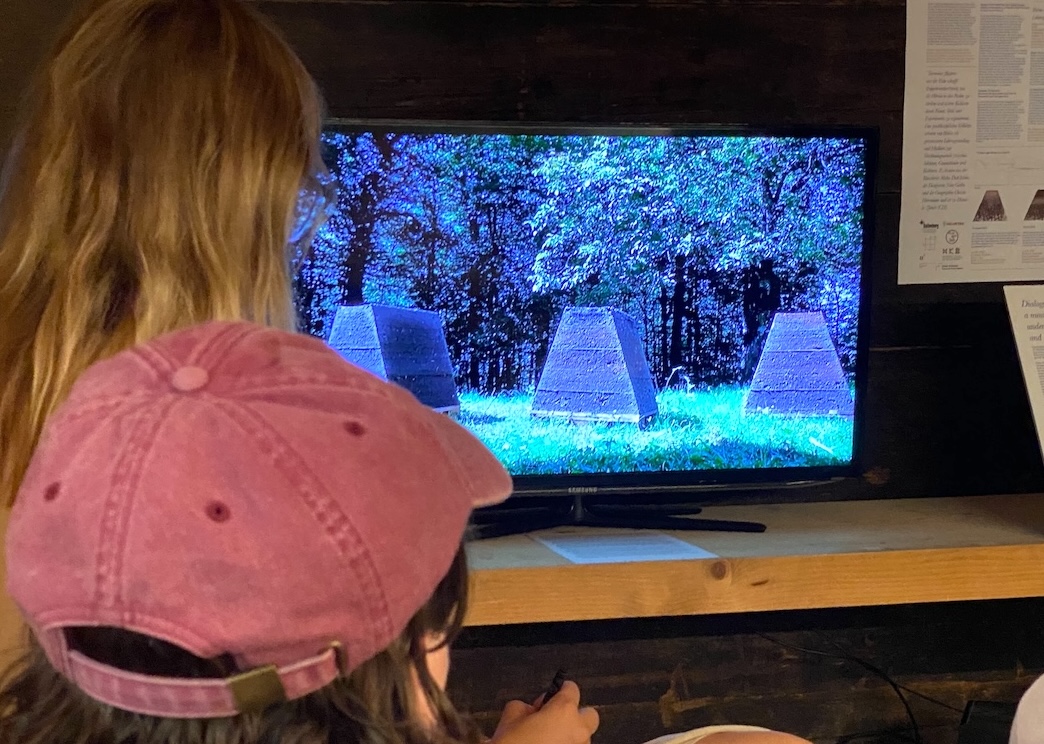


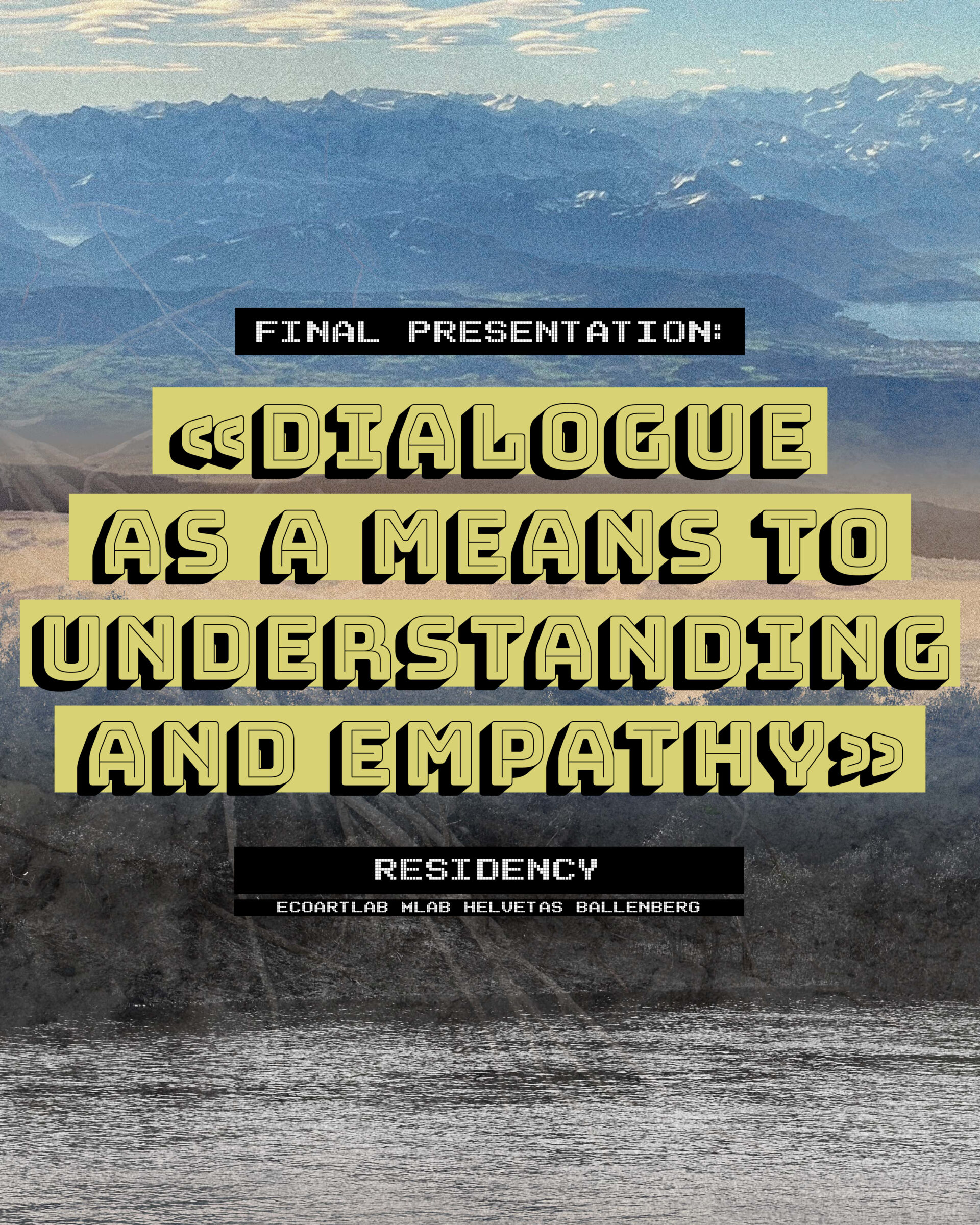
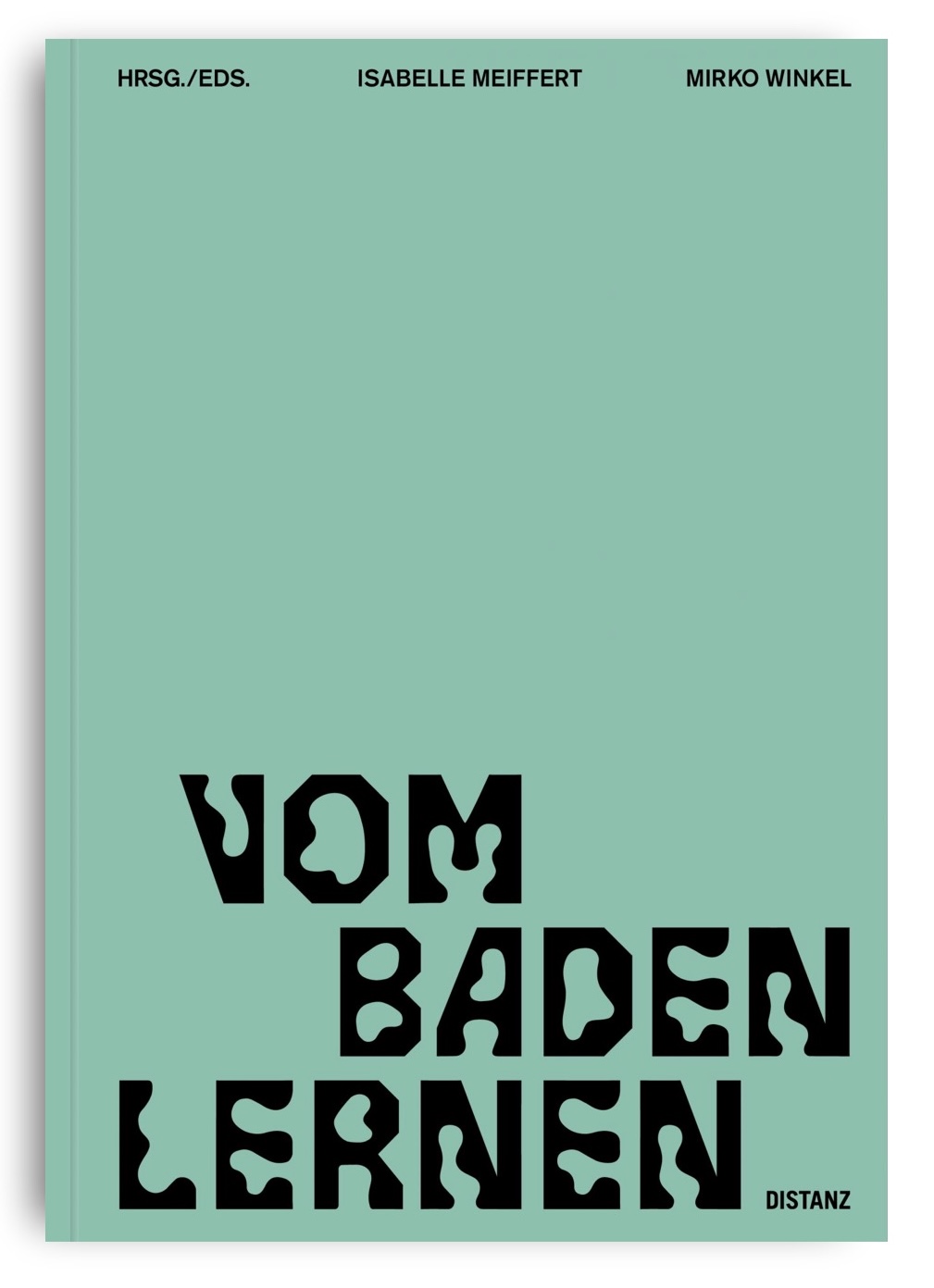
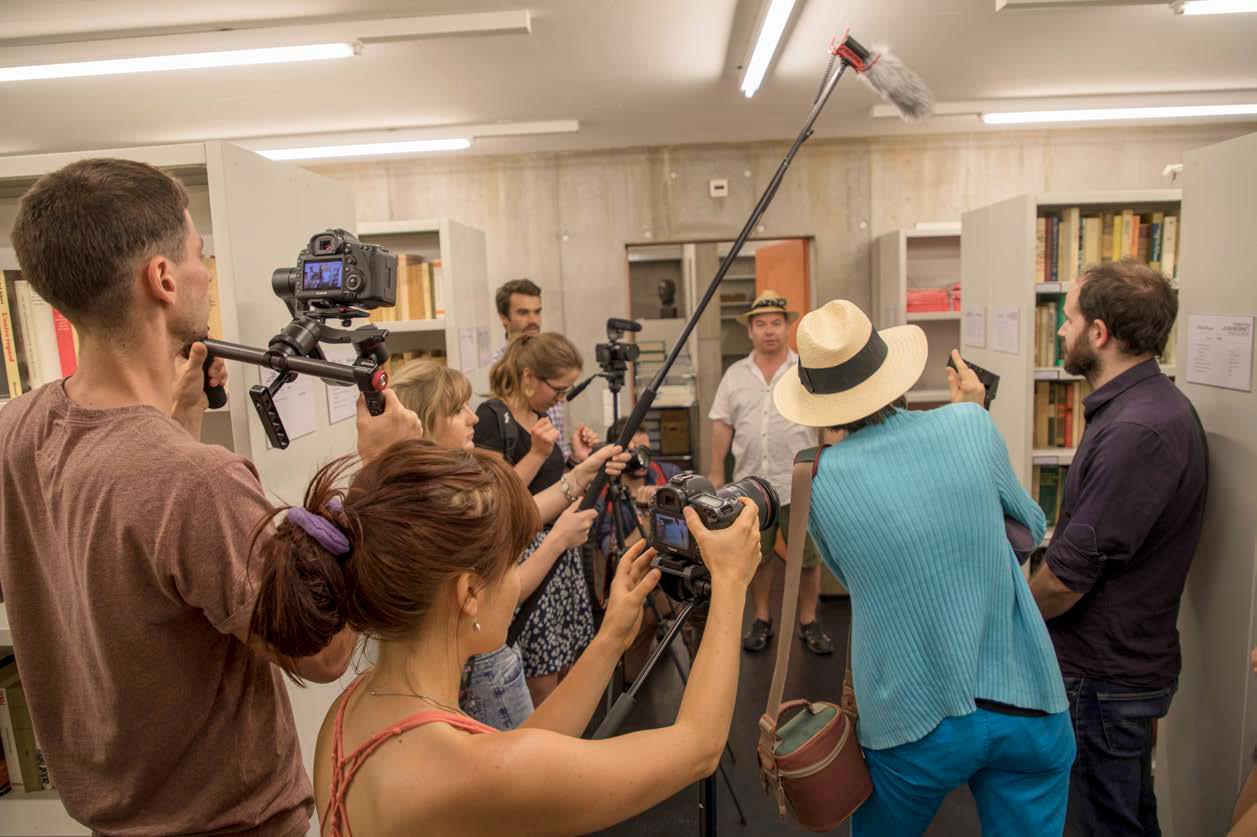
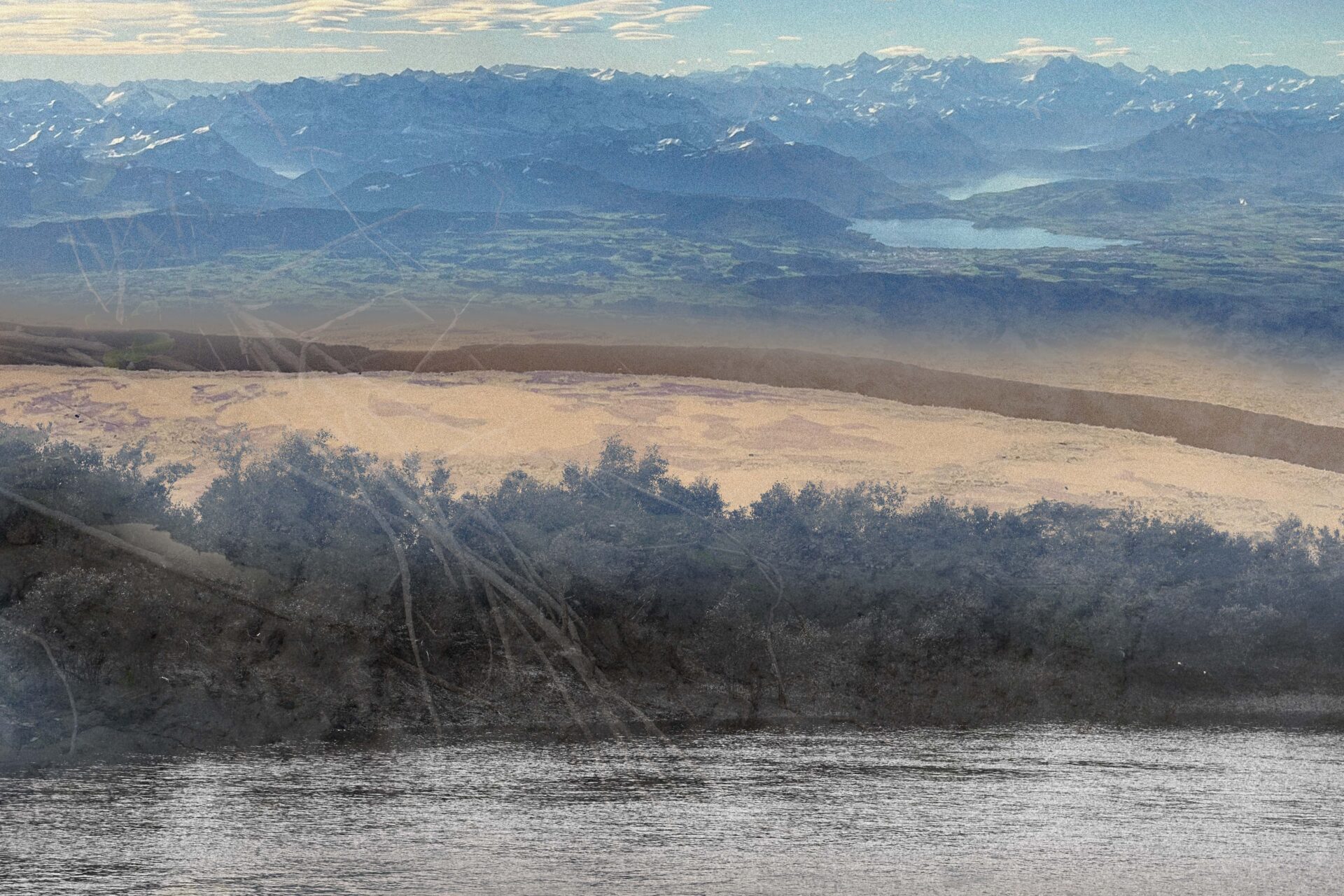
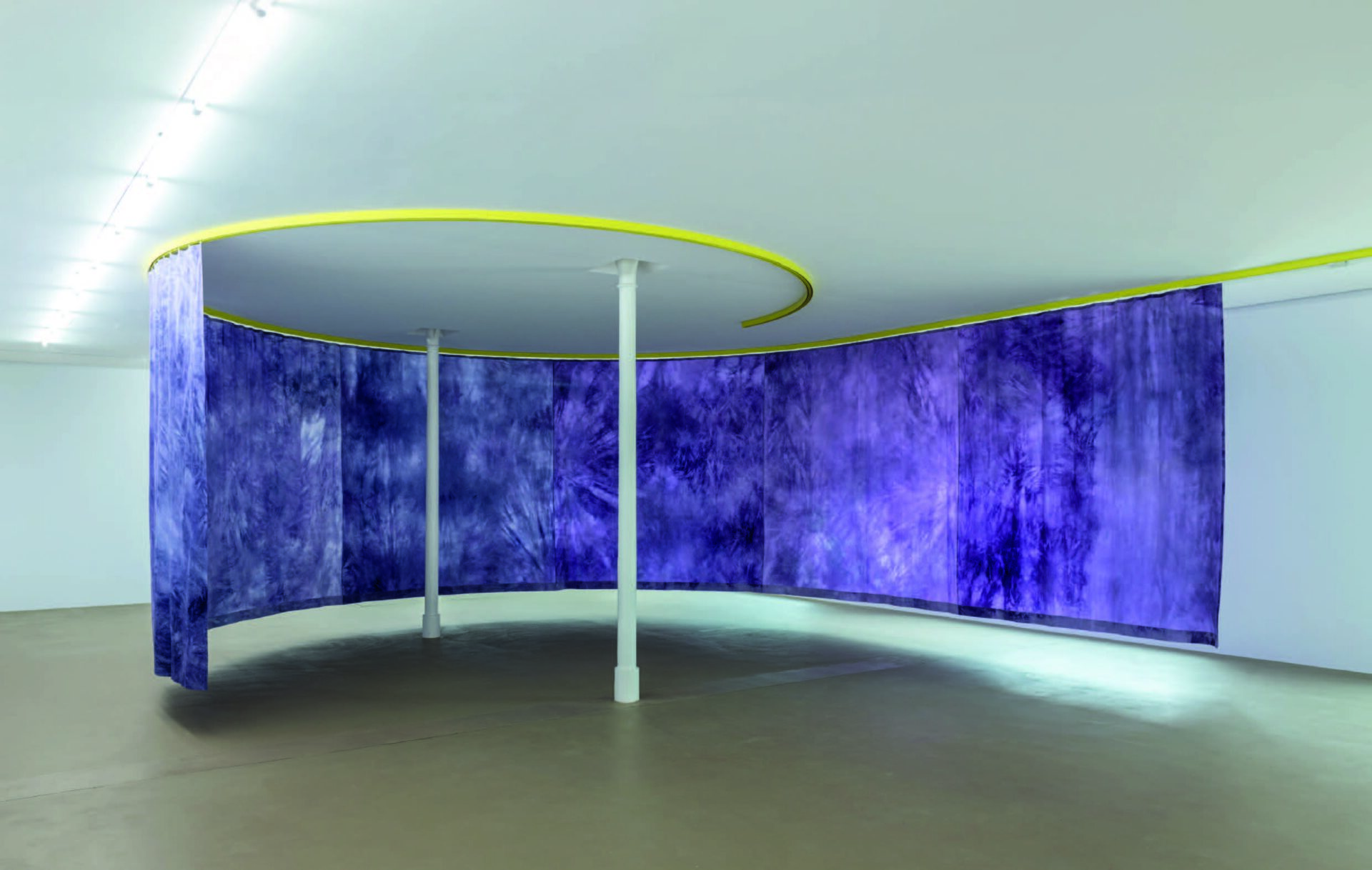

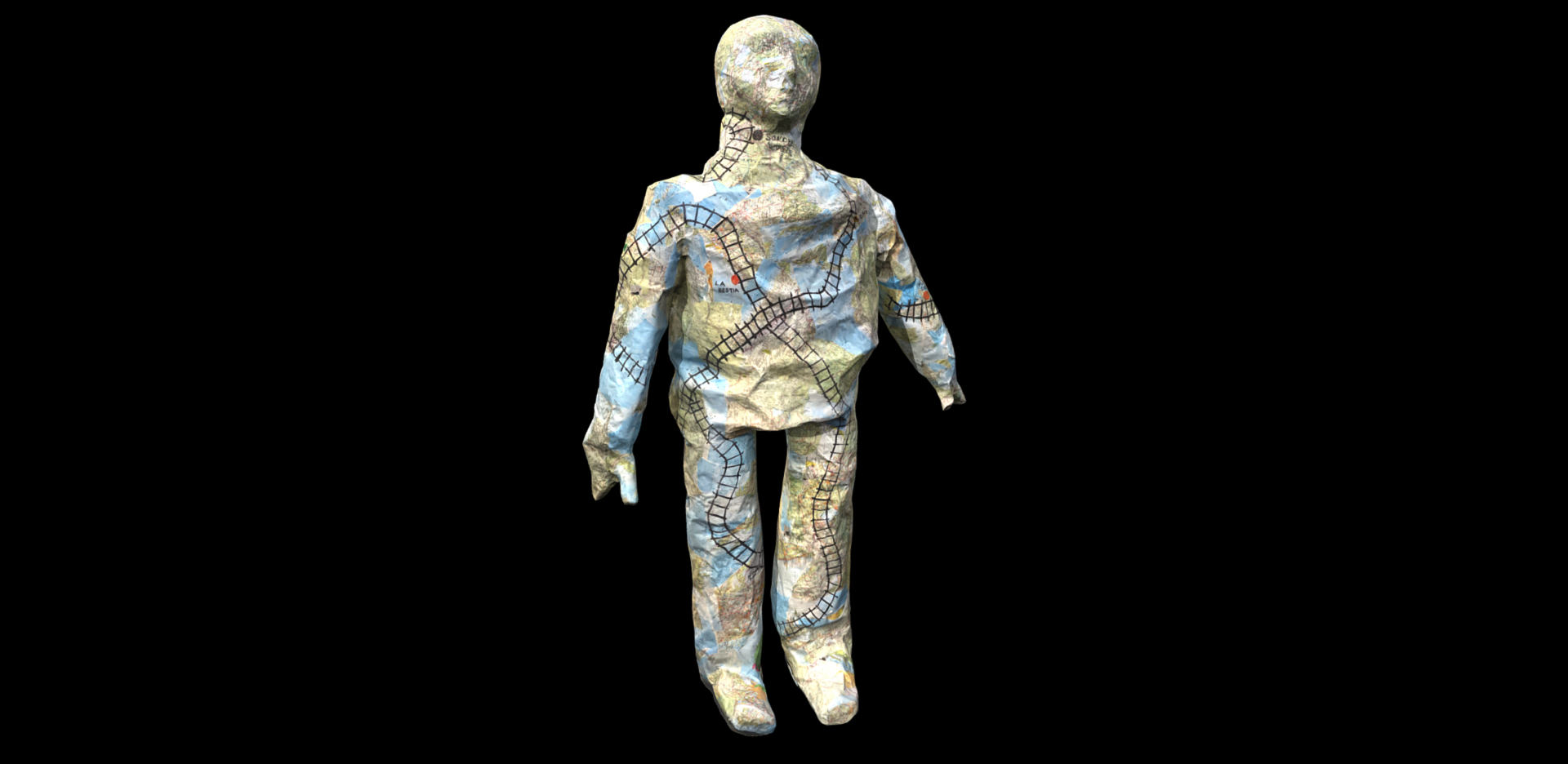

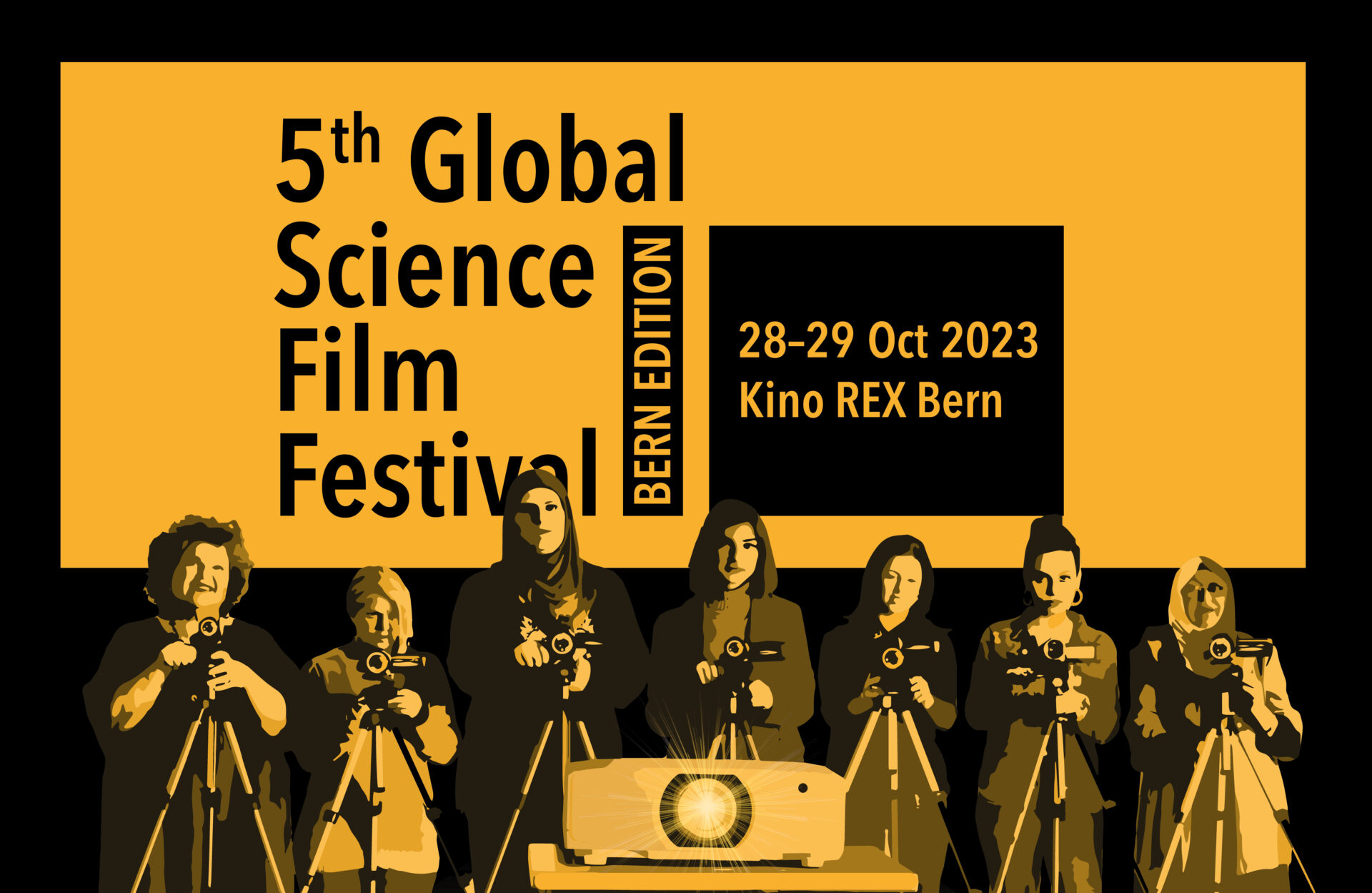
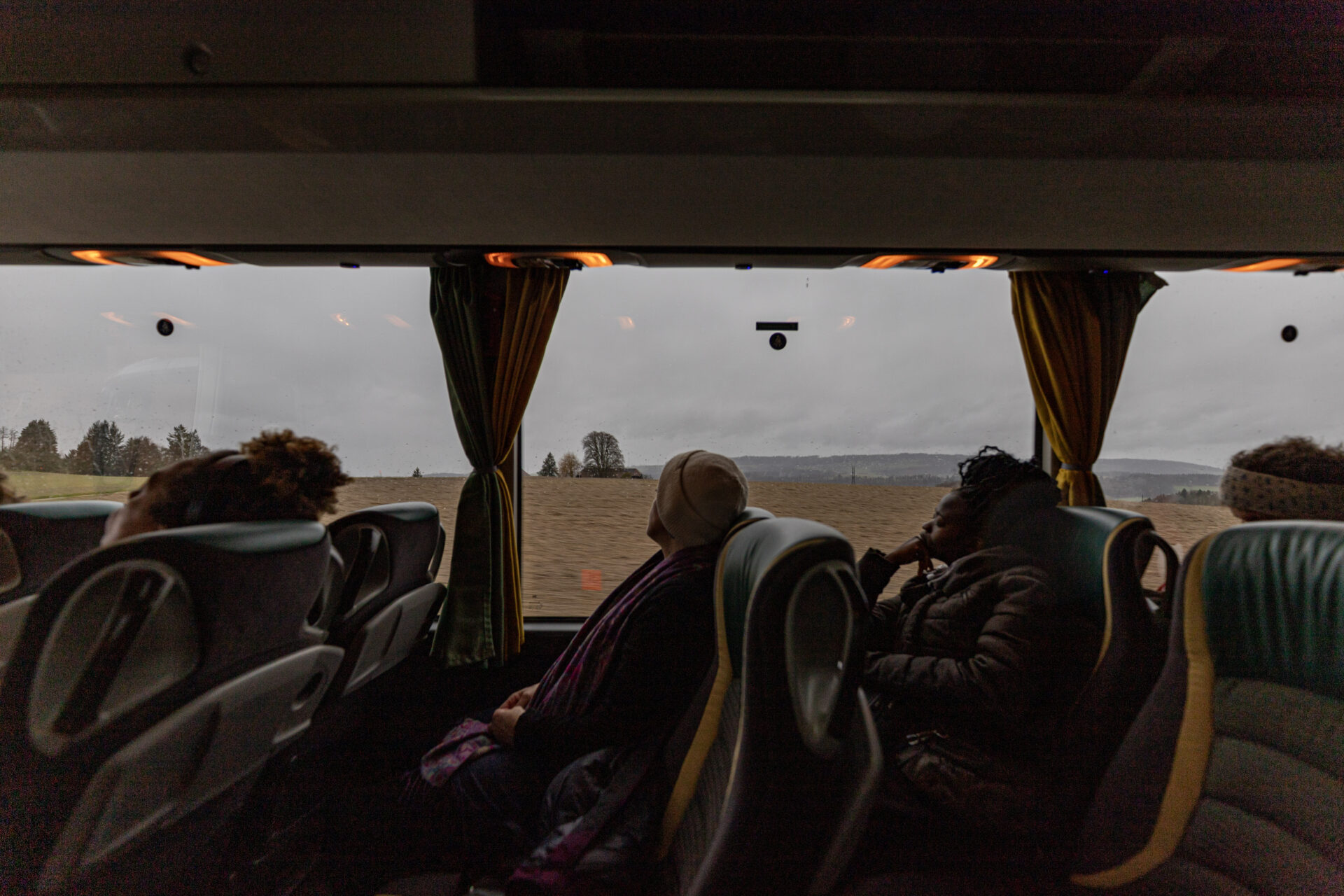
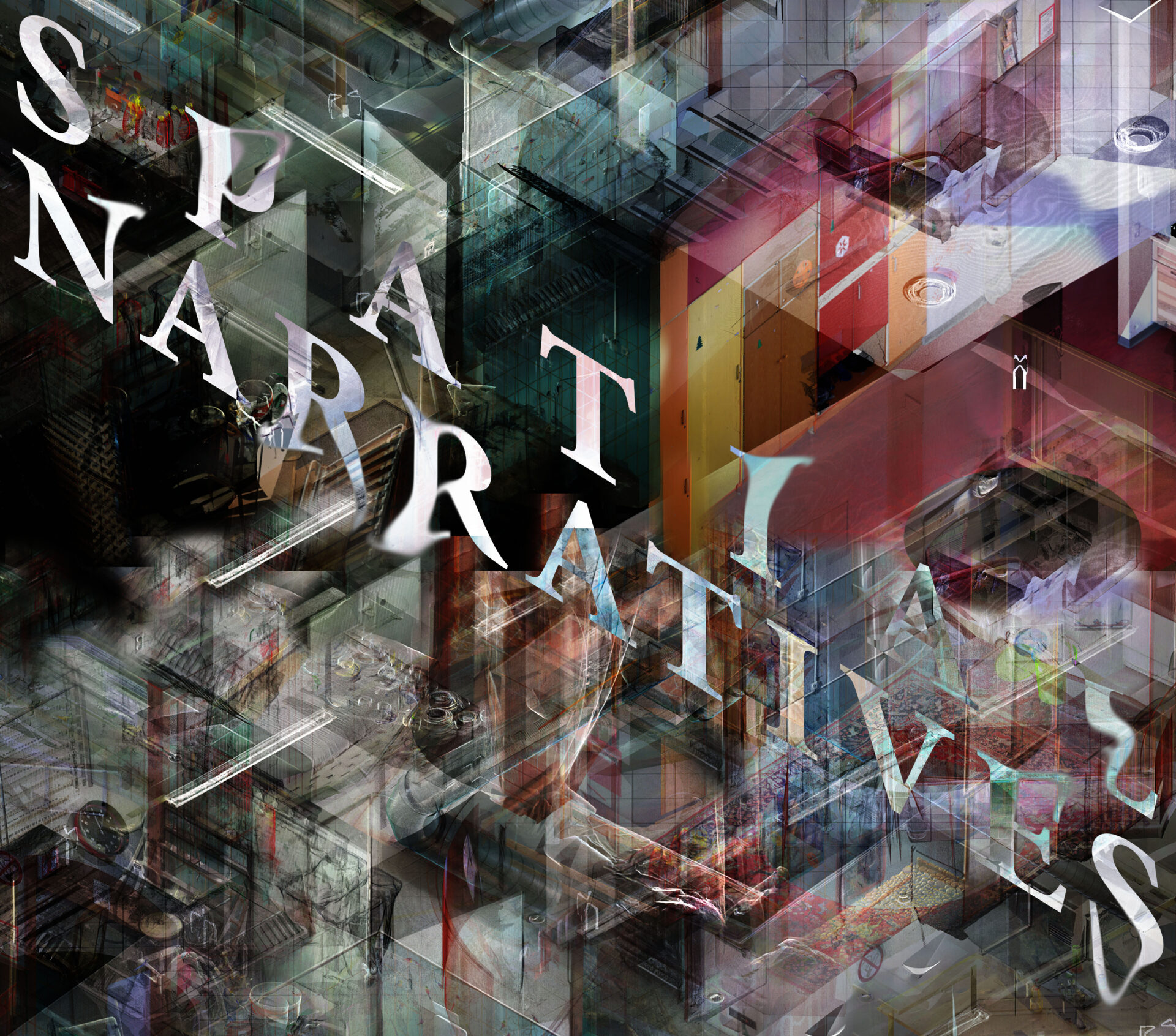
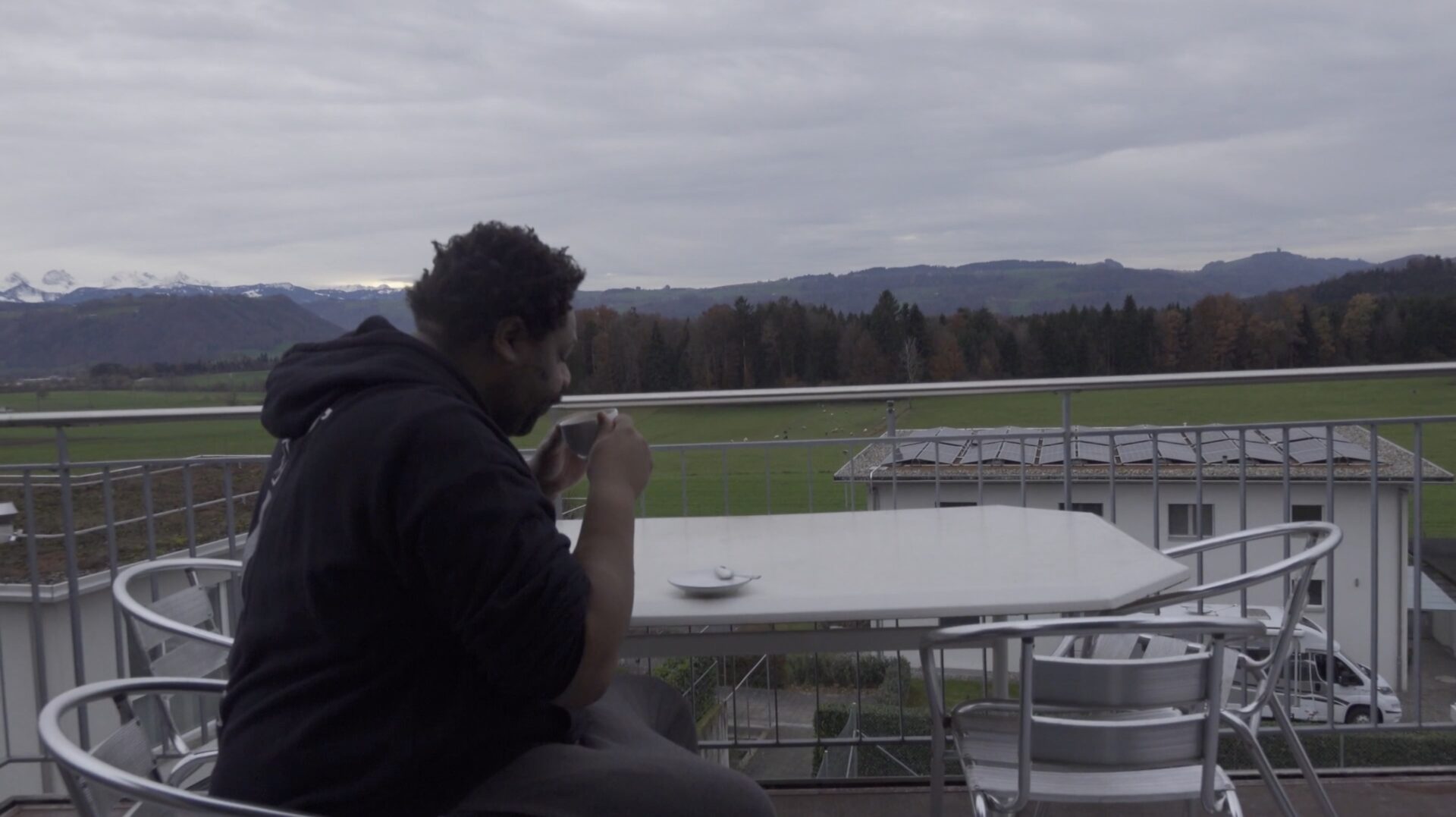
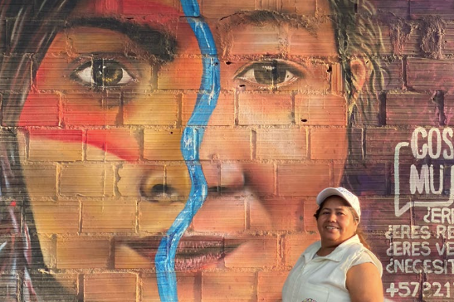



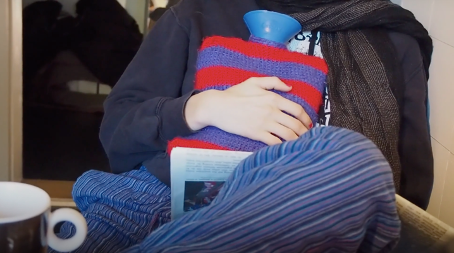


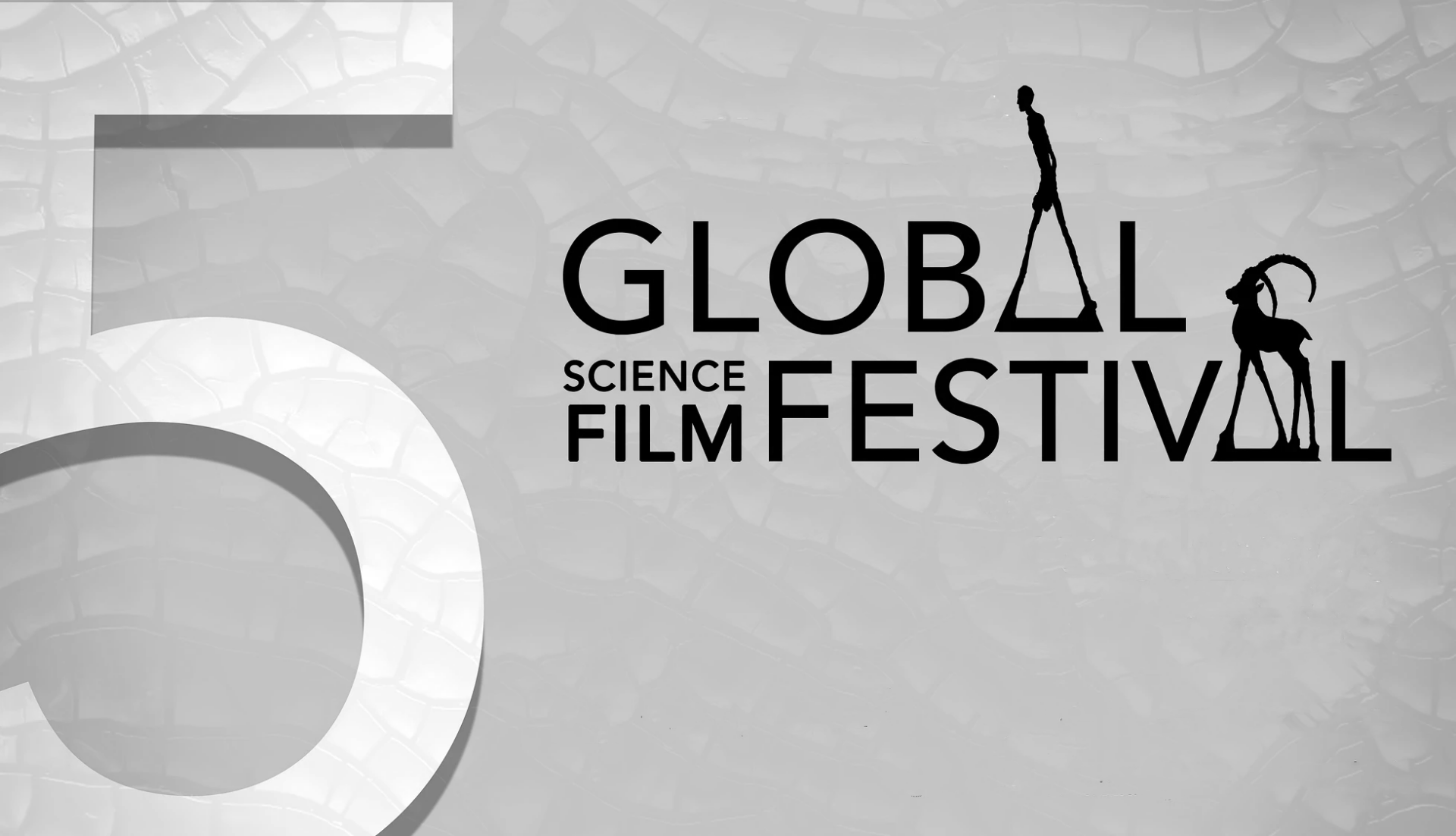

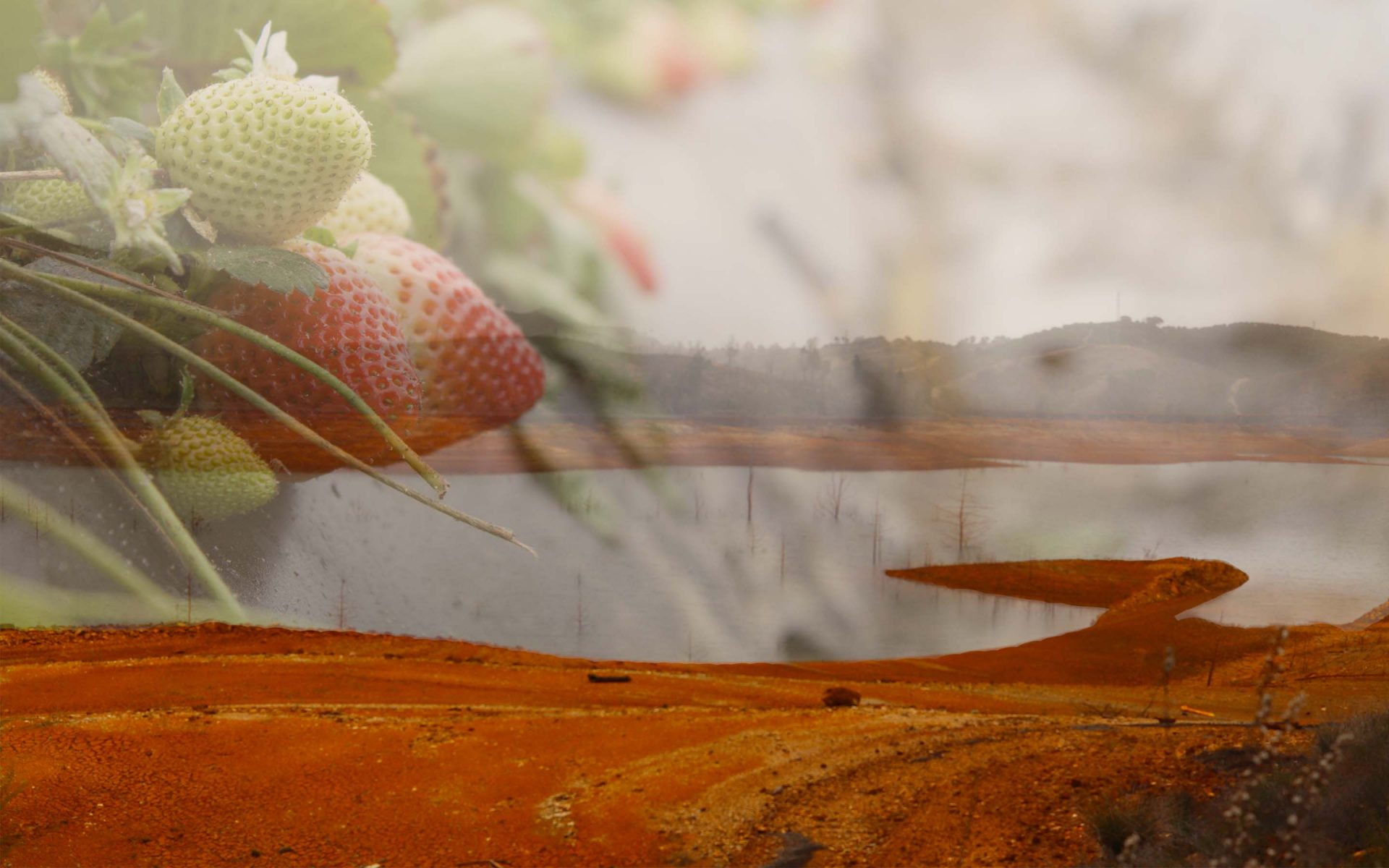
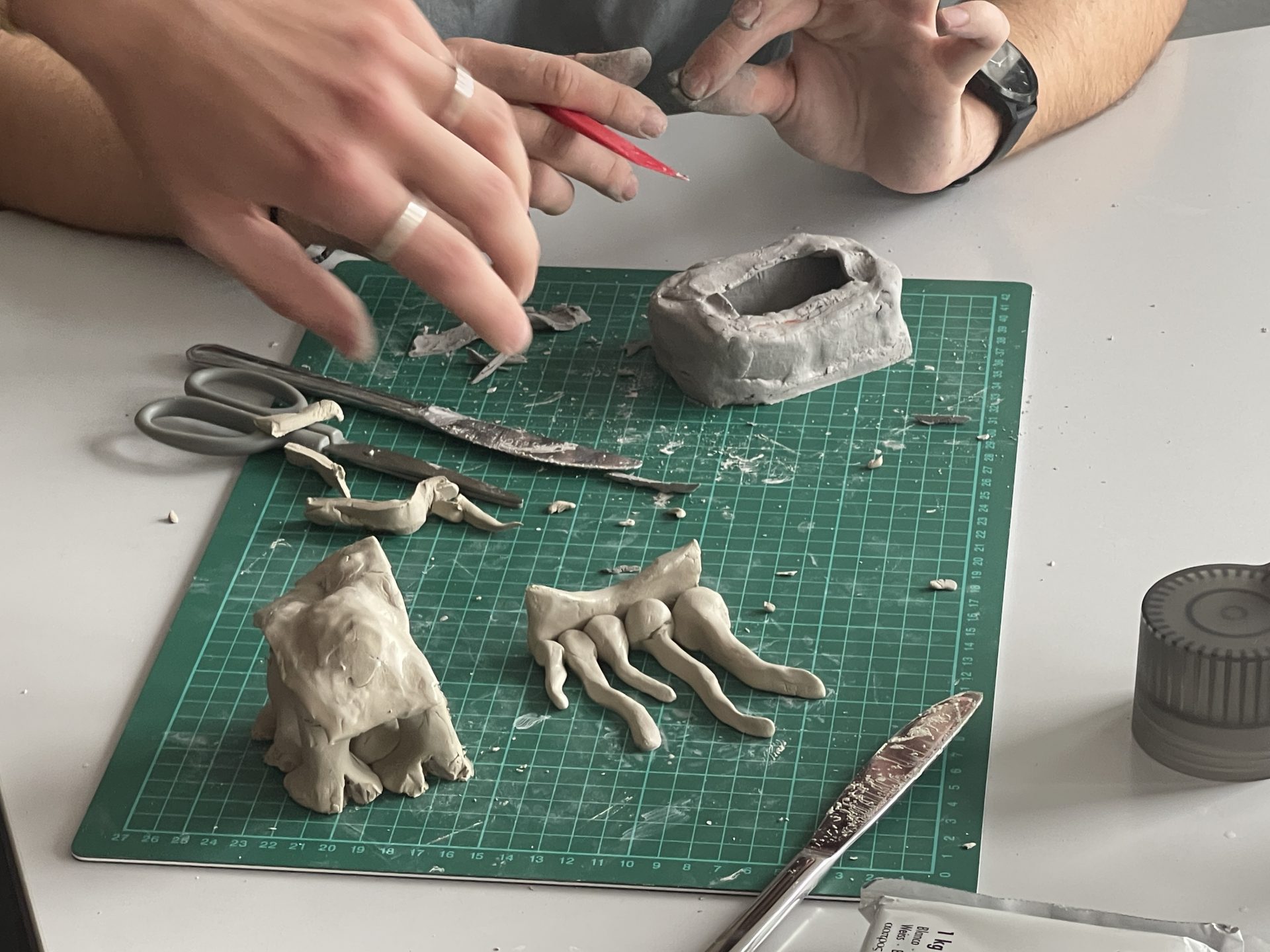
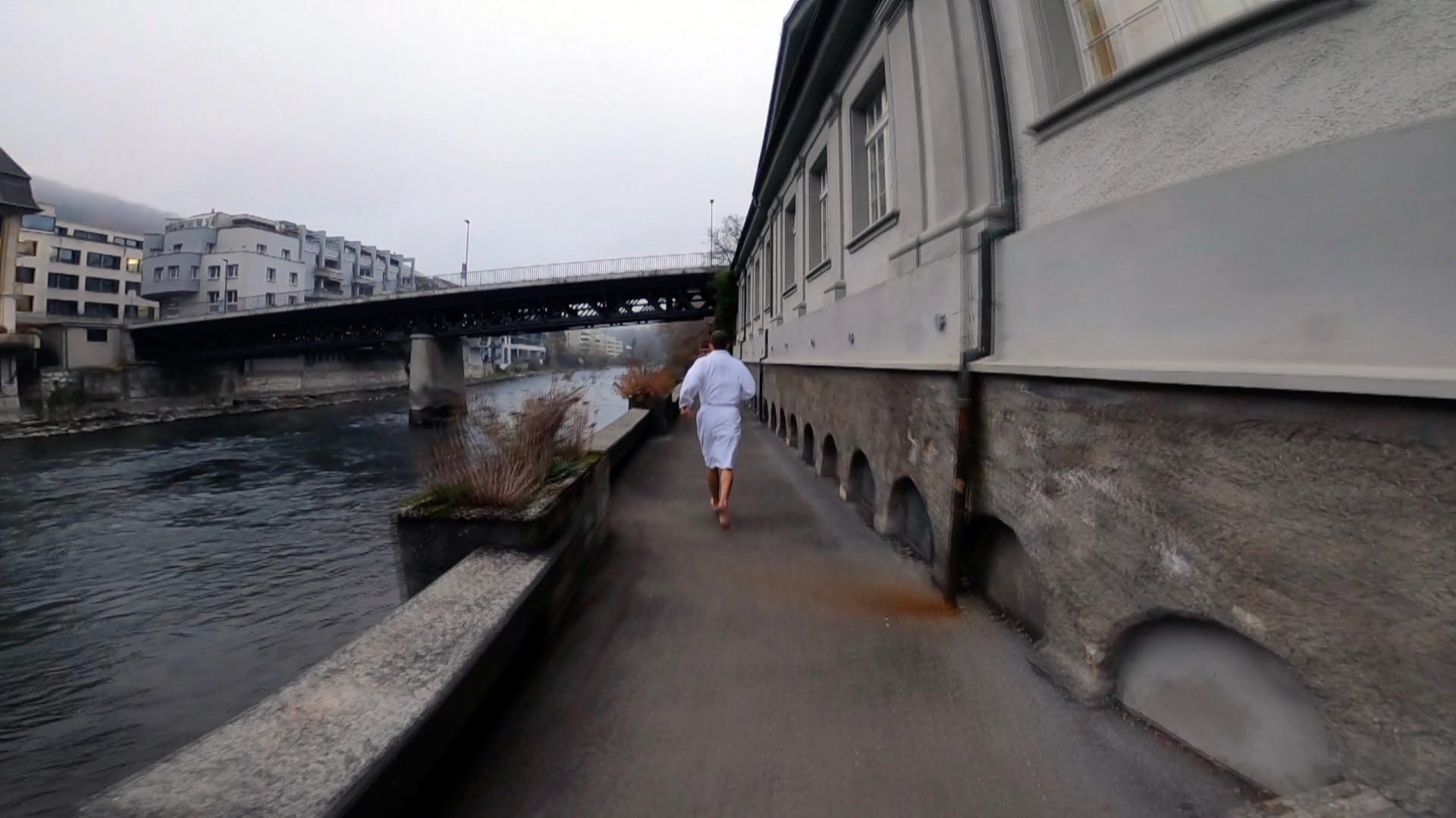
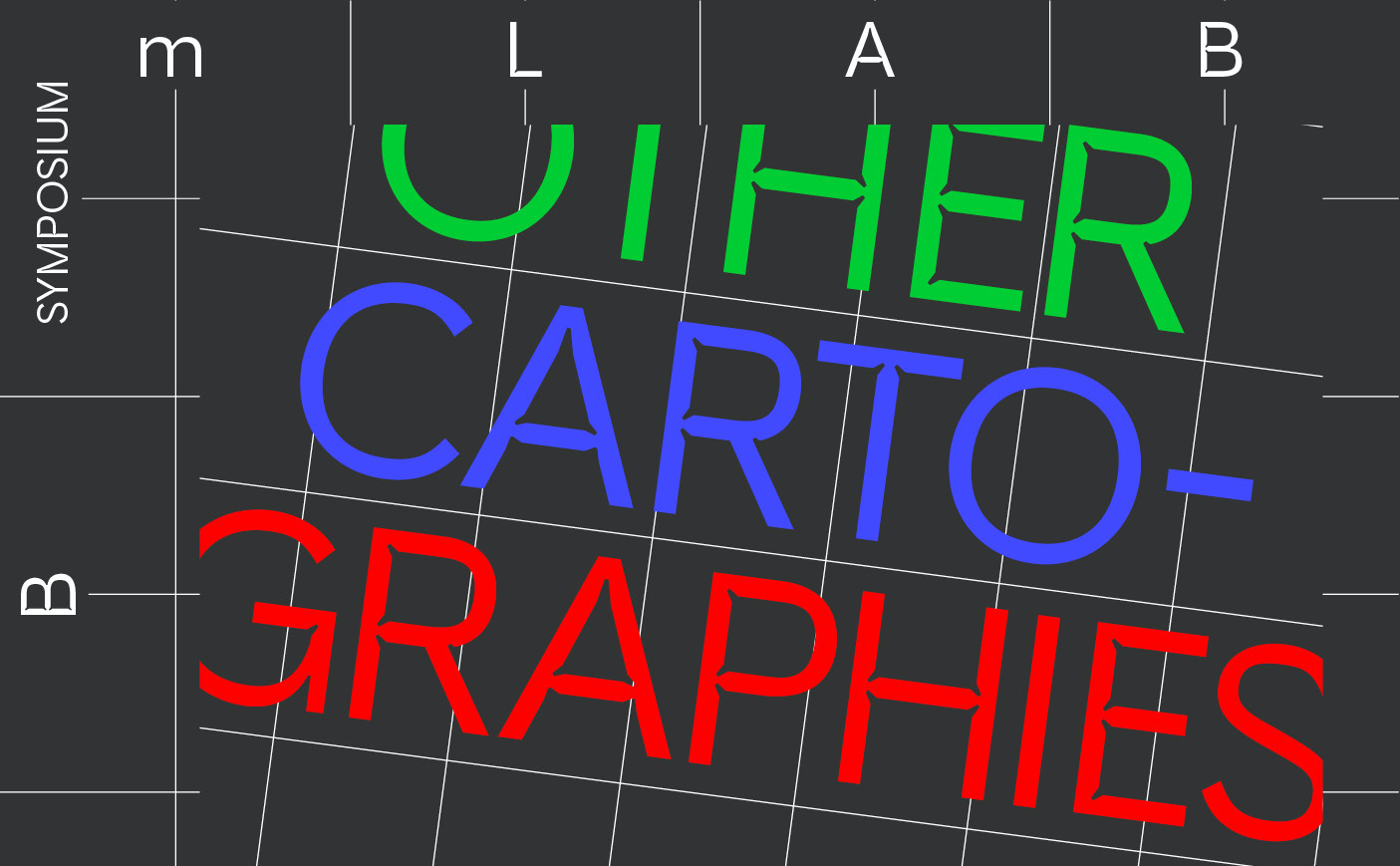

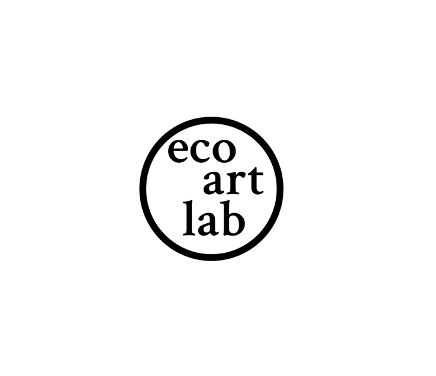



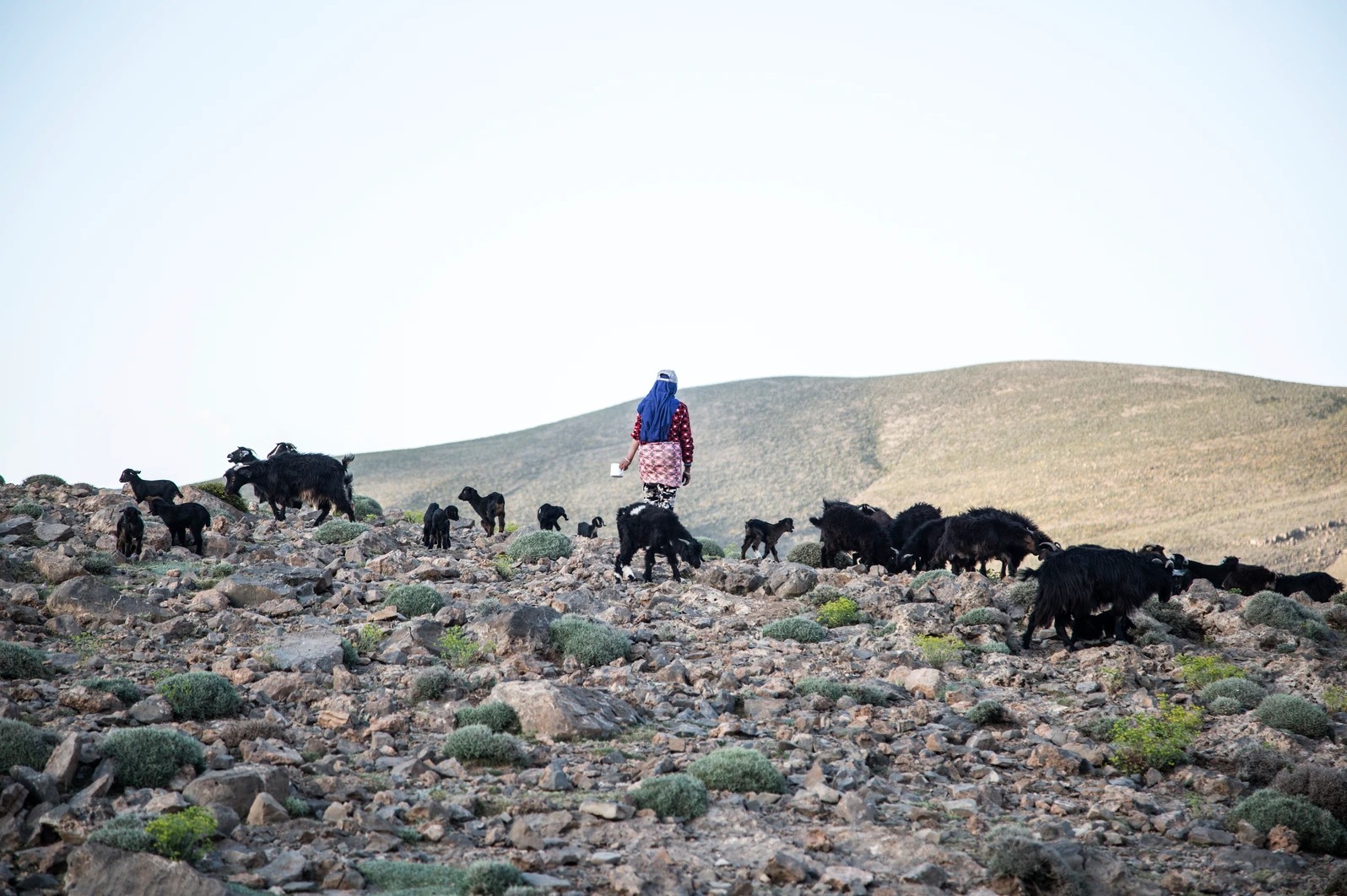

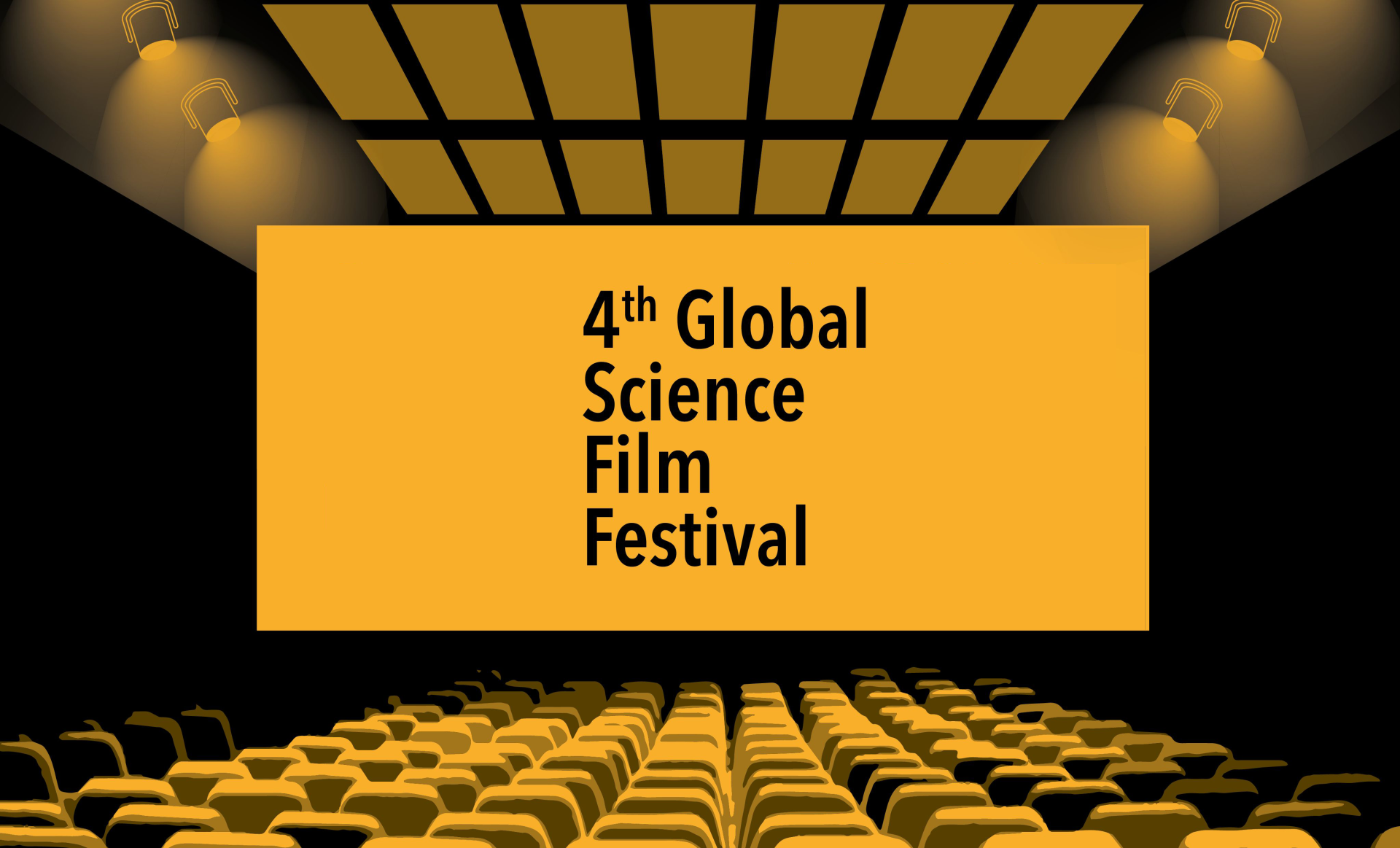
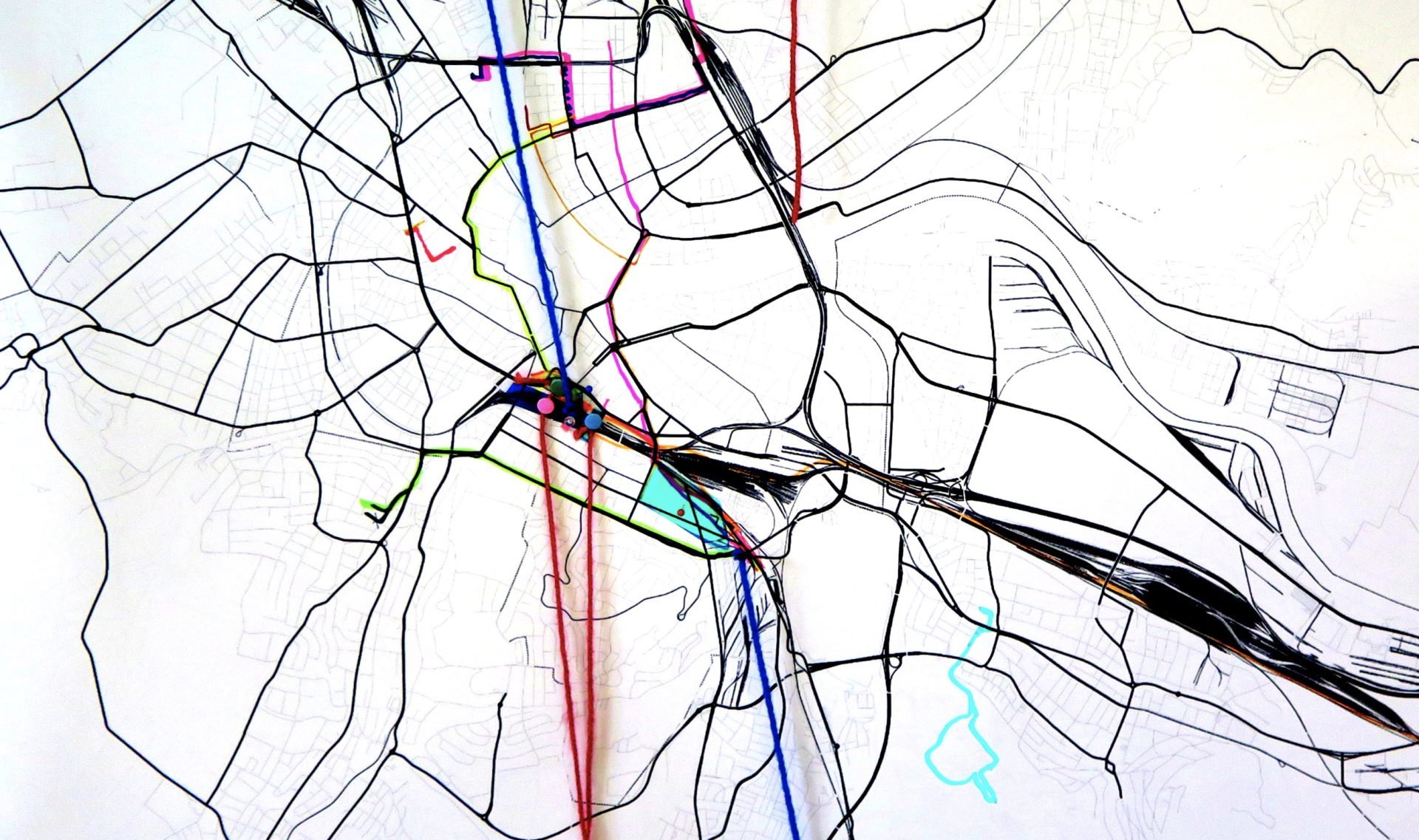

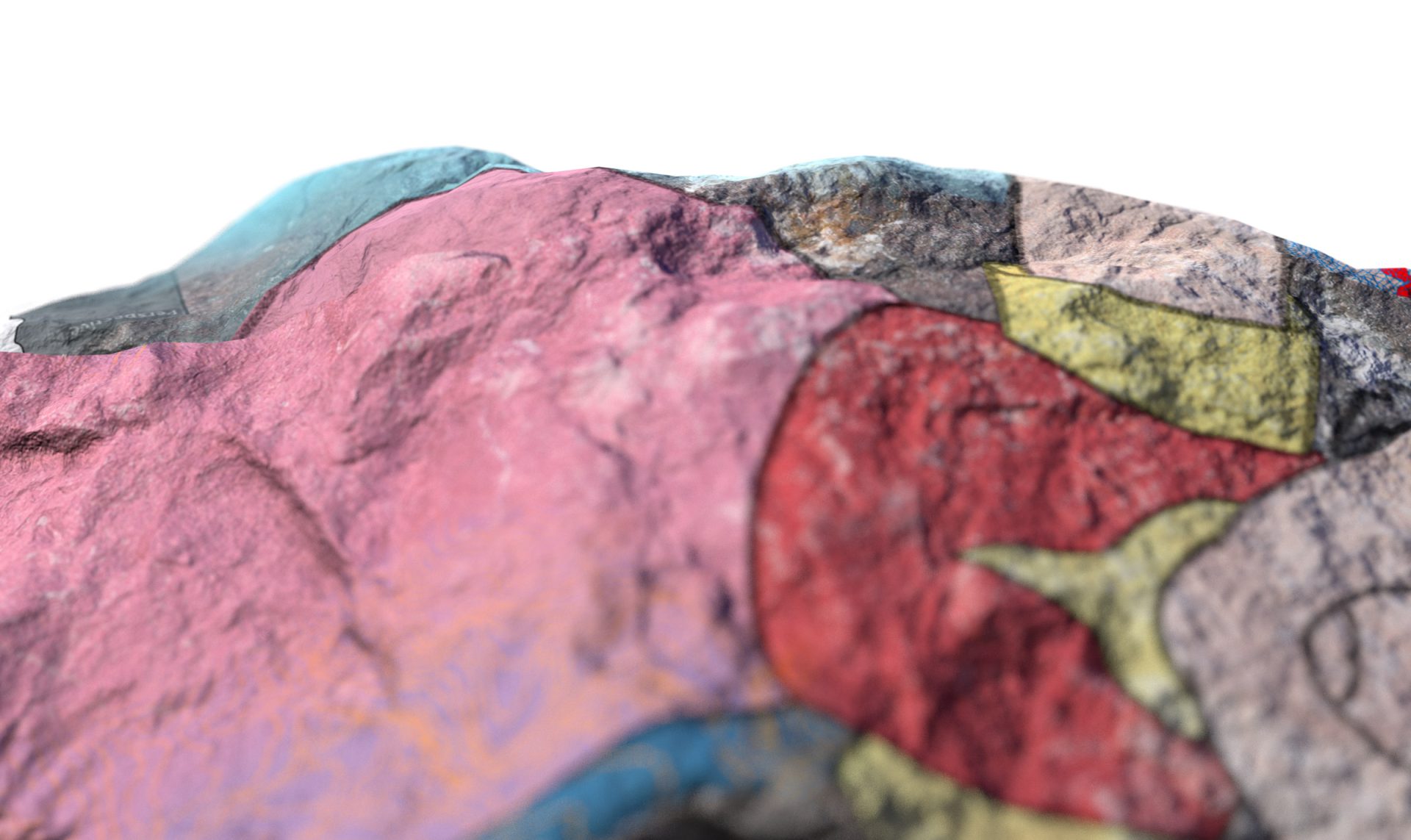


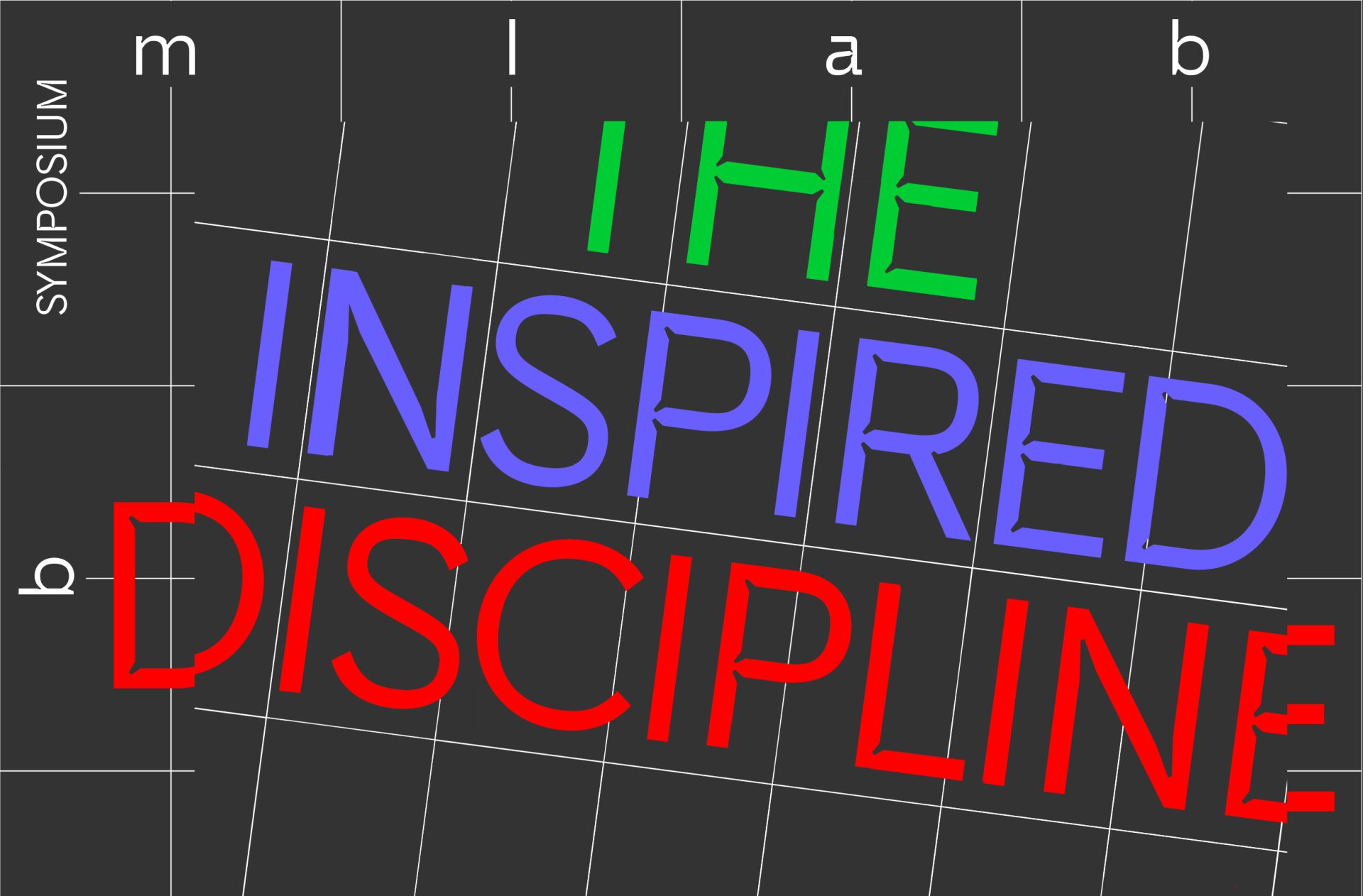
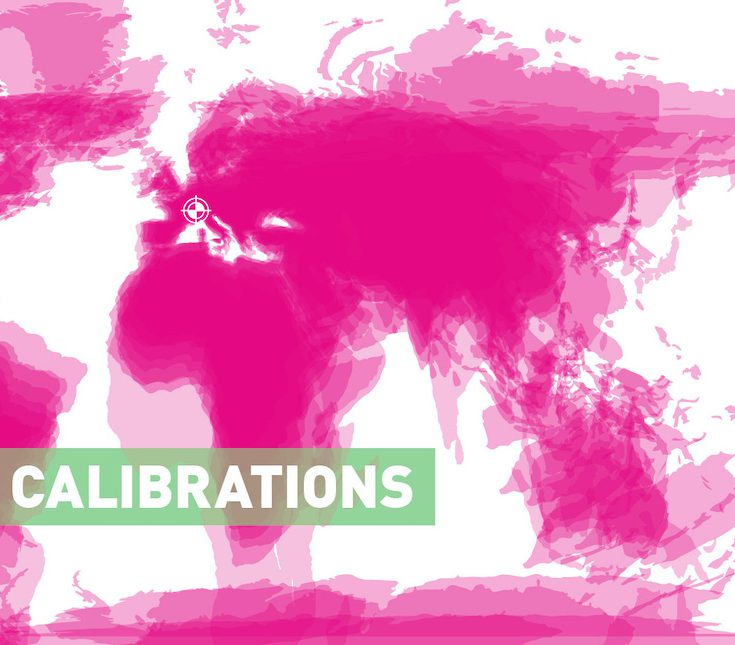
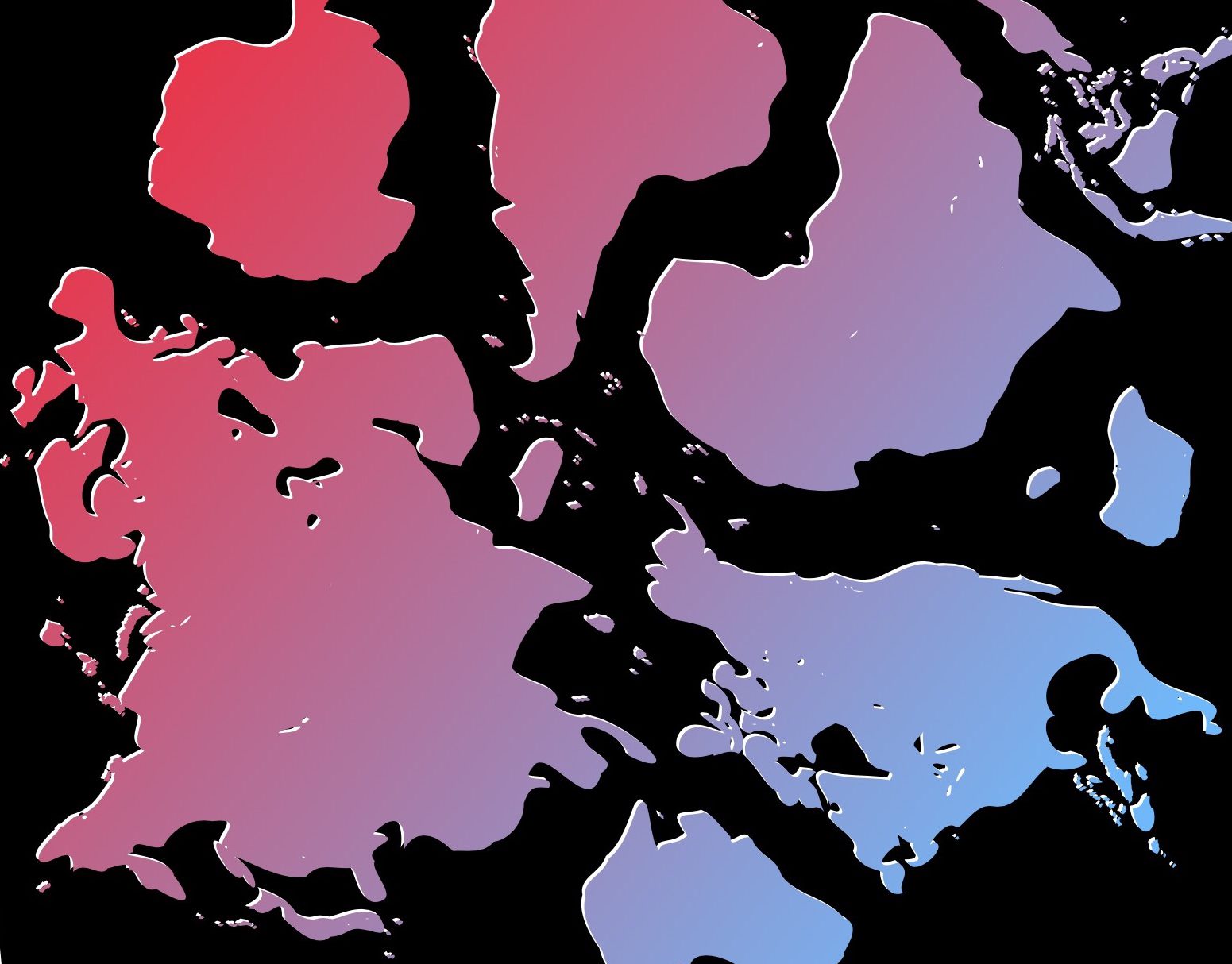
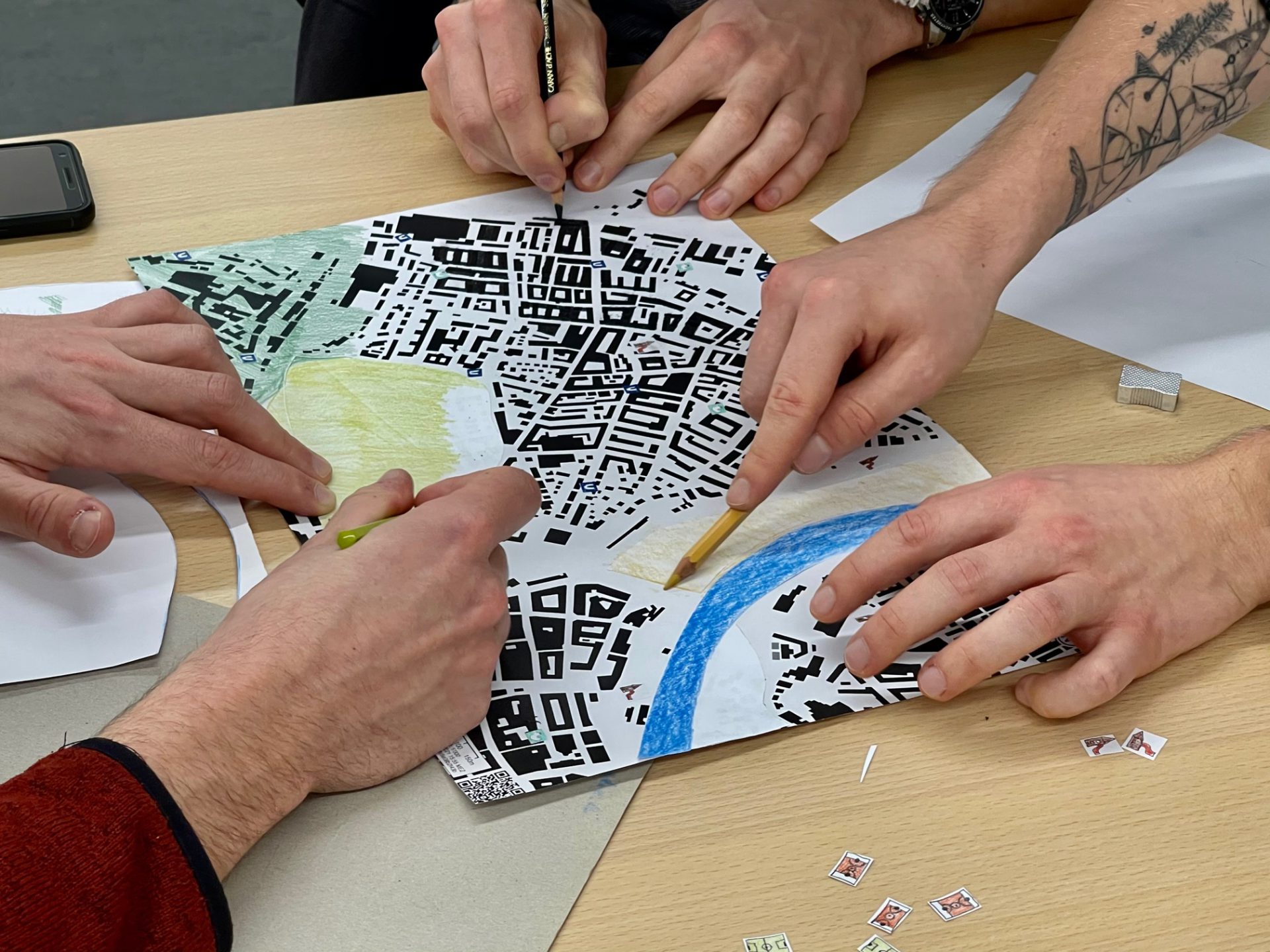

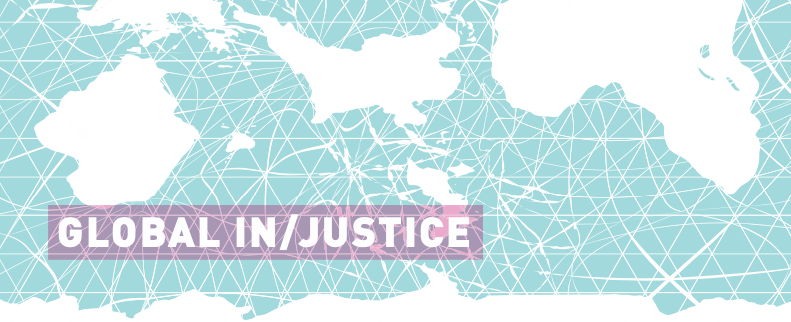
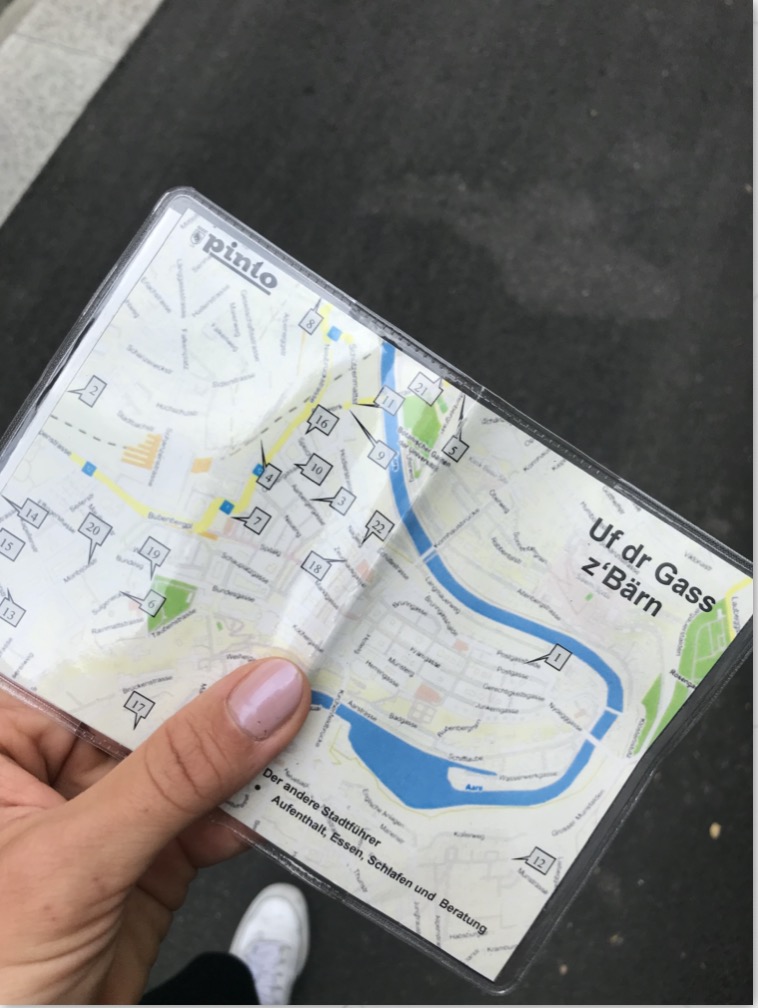
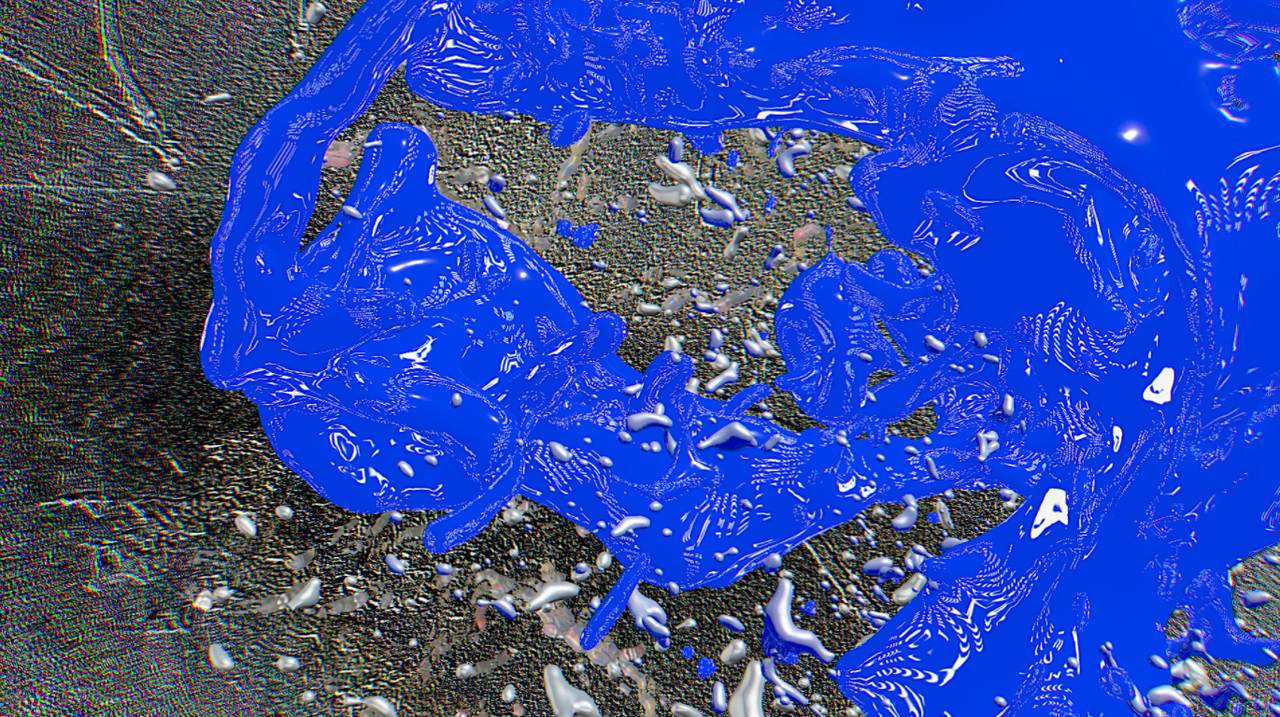


The team includes Karolina Sobecka, PhD candidate at ECAM European Center for Art, Design and Media based Research at Basel and Kunstuniversität Linz as well as Prof. Dr. Stefan Brönnimann from the Institute of Geography of the University of Bern. Together they will work within the framework of the residency at the mLAB.
The proposed project is interested in histories and futures of climatology and climatography, not simply as a scientific trajectories and disciplines, but as a means of knowledge production that relates to colonial enterprises. Climate change not only causes social inequality, but the ways in which we measure, visualize and communicate climate data could better encompass complex regional differences, modes of care and social implications of climate sciences. The perspective of climatology as a discipline that is entrenched in economic and political spheres, extends the existing research at the Institute of Geography with their work in historical climatology, recomposing weather and climate over the past ca. 400 years, as well their research into a combination of early instrumental data, proxies and climate models, climate dynamics and large-scale variability and climate and society interactions.
Using collected historical imagery, from select international archives, the team will produce research writings on the themes of ‘climate data empathy’, colonialism, climate and public health and also seek to produce media-topological profiles of language, data and imagery. Considering the impetuses, geographies and local practices of gathering and measuring climate “data”, climate epistemologies will be mapped in light of their links to human and non-human health, welfare and situated ways of life.
The project centers around a series of semi-public, workshop-encounters between the team members, developing modes for the visualization and historical context and climatological knowledge.
A prospective outcome of the Climatology & Climatography of Care project creates work for exhibition, using newly developed techniques, and expanding on the residency theme of Global In/Justice.
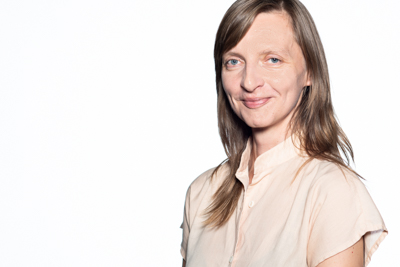



Karolina Sobecka is an artist and researcher working at the intersection of art, science and technology, arranging and participating in social configurations that channel, accommodate or resist technological shifts. Karolina’s current projects explore notions of ecology and governance through case studies in the fields of climate- and carbon- engineering. She is currently a PhD candidate at ECAM European Center for Art, Design and Media based Research Basel, and Kunstuniversität Linz
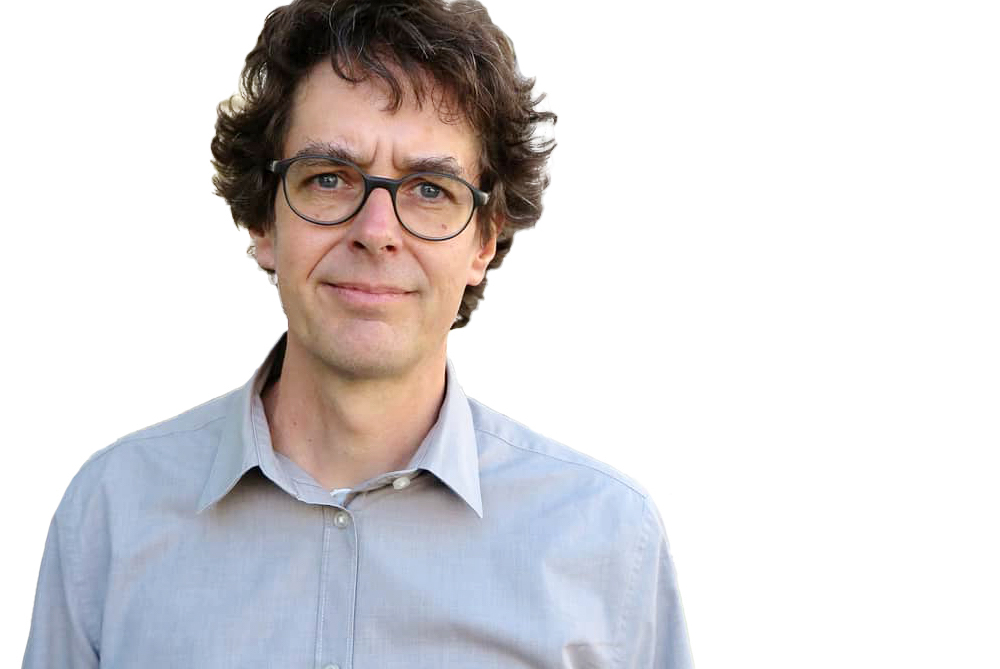



Prof. Dr. Stefan Brönnimann heads the group for climatology at the Institute of Geography at the University of Bern. He and his group also belong to the Oeschger Centre for Climate Research. They process historical atmospheric data from the last centuries and use them to create three-dimensional data sets that reach further back than the start of modern measurement series. With these data sets, they analyse large-scale climatic variations and extremes.